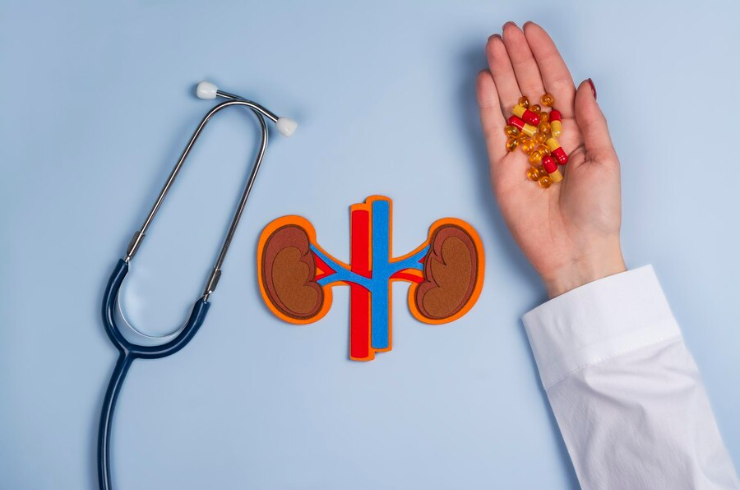
Polycystic Kidney Disease (PKD) is an inherited genetic disorder marked by the development of multiple cysts within the kidneys. These cysts gradually expand, leading to kidney enlargement and a progressive decline in their function over time. PKD can manifest in two main forms: autosomal dominant PKD (ADPKD), typically appearing in adulthood and caused by mutations in the PKD1 or PKD2 genes, and autosomal recessive PKD (ARPKD), a rarer form usually diagnosed in infancy or childhood due to mutations in the PKHD1 gene. The condition may result in complications such as high blood pressure, kidney stones, and eventually, end-stage renal disease (ESRD).
Types:
Symptoms:
Diagnosis:
Treatment and Management:
Complications:
Prognosis:
PKD management focuses on monitoring kidney function, managing complications, and providing supportive care to slow disease progression and improve quality of life. Early diagnosis through genetic testing allows for proactive management and intervention.

Leading Renal Care: Expertise and Compassion at Dr. Virinder’s Kidney Clinic and Dialysis Centre. Dedicated to personalized kidney health solutions, ensuring comfort and confidence in every step of your journey to better renal wellness.